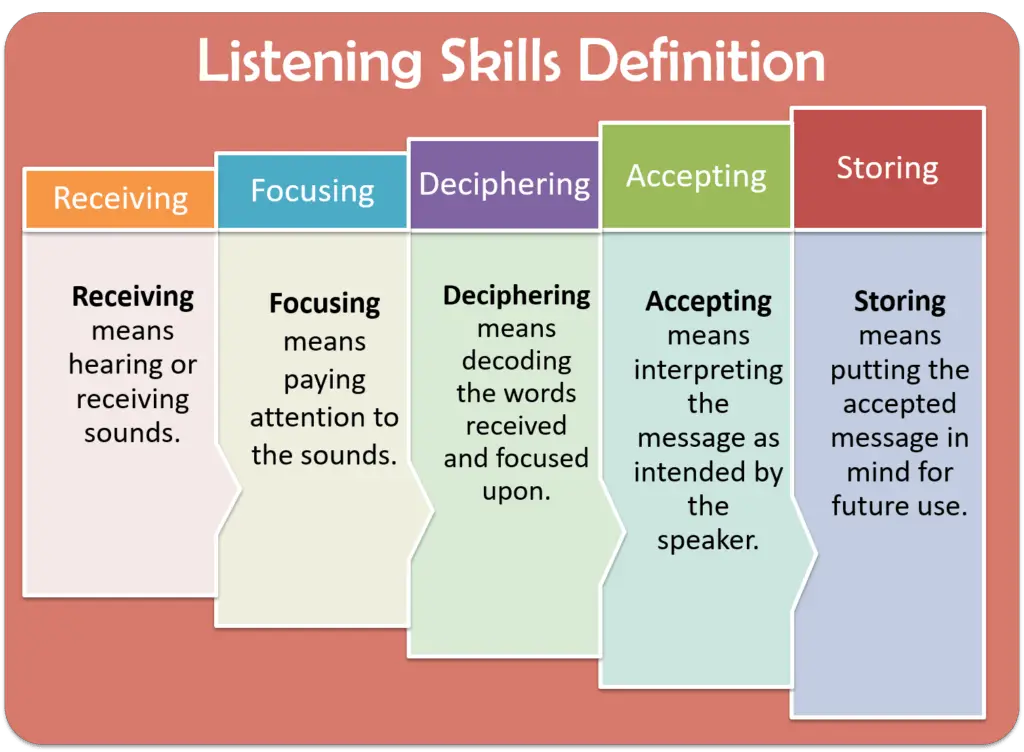

Concrete data exposed the auditory selective system. Several studies, conducted in 20, show that the sounds processed by the brain do not reflect all sounds from the outside world. Despite all this, you still hear the announcement on the radio of the traffic jam that has arisen on the way to work. The news is on, the birds are chirping, the highway makes noise, the coffee pot is bubbling, the toilet is flushed and the shower is monitored to make sure the kids get to school on time. Multiple sounds flood in almost every day. Selective hearing is indispensable in adult life. Men are often accused of selective hearing, but it doesn’t seem to occur less with women. This has nothing to do with hearing acuity, it happens because of the brain prioritizing different sounds. Small children sometimes seem to understand sentences only when they contain “ice cream” or “candy”. In addition to the example above, small children are often used in examples of situations where selective hearing occurs.

Skimming: which info is used and which is ignored is determined.Multi-tasking: less attention is then given to listening.

Selective listening is characterized by the following: The brain is unable to process all stimuli, so only the most relevant and important information is thoroughly processed by the brain.ĭifferent models understand and theorize this process, such as the early selection model, the late selection model and the attenuation theory. Therefore, only a small portion goes through for processing in the brain. This means that the information cannot be processed simultaneously with noise. The above is an example of a bottleneck block. Selective listening examplesĪn example given in the aforementioned study involves a student who focuses on the teacher and ignores the noises of his classmates in a noisy classroom. Selective auditory attention has been defined by researchers Krans, Isbell, Giuliano, and Neville as the ability to acknowledge certain stimuli while simultaneously ignoring other stimuli. In the latter case, it concerns selective auditory attention, or the cocktail party effect. Selective hearing in everyday life is a person’s ability not to hear something, or to listen to a single person in a crowded or loud environment. It is therefore not a physiological concept, but purely the ability of humans to block out sounds and noise. The auditory attention is usually only focused on what people are genuinely interested in. When people use selective listening, all of the sound is absorbed by the human auditory system, but only part of it is processed by the brain. Do you want unlimited ad-free access and templates? Find out more


 0 kommentar(er)
0 kommentar(er)
